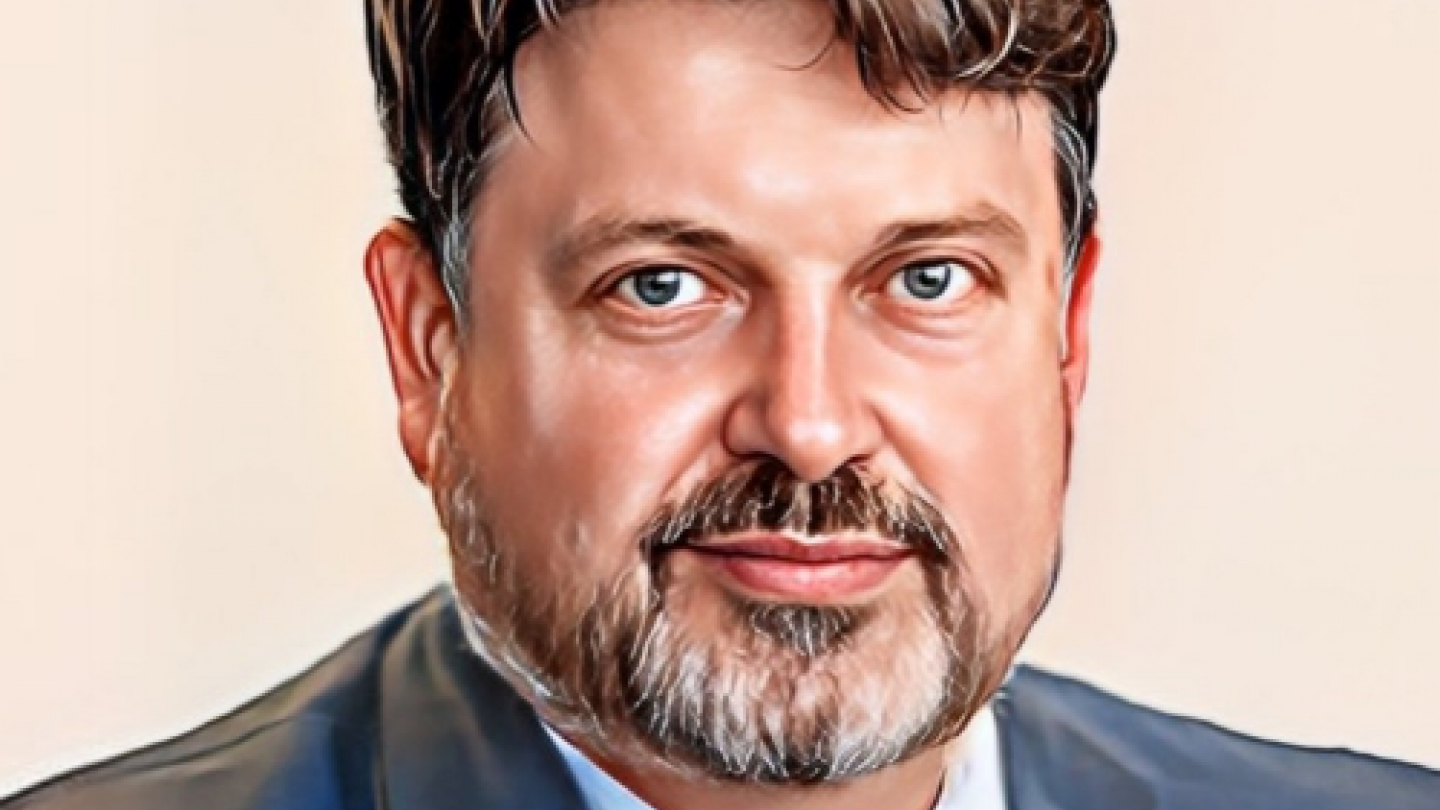Han Dieperink is chief investment officer at Auréus Vermogensbeheer. Earlier in his career, he was chief investment officer at Rabobank and Schretlen & Co.

The Fed after Powell: Warsh and the productivity revolution
Jerome Powell is stepping down as chair of the Federal Reserve. Kevin Warsh will succeed him. For investors, the big question is whether US central bank policy will really change. The short answer: yes, possibly. And the reason is AI.
The limits of Trump
Donald Trump likes to present himself as a leader guided by instinct and personal conviction. International treaties, diplomatic traditions, and established norms are, in his view, merely suggestions that he can ignore at will. This attitude lies at the heart of his political identity: America first, and whatever Trump believes is good for America is what will happen.
The continuation of the semiconductor supercycle
The first trading day of 2026 left no room for doubt. While many investors were still recovering from the champagne, chip stocks surged worldwide and set new records.
The economy that eats itself
Something strange is going on. The US economy is growing, but no jobs are being added. In fact, unemployment is rising to 4.6 percent. Normally, it works like this: first jobs are created, then wages rise, then spending increases. Now that order has been reversed. People are spending money they have not earned.
Halfway to the tipping point
The Cambrian explosion of AI-driven life forms has begun. Under the collective label of artificial intelligence, an ecosystem is emerging that is evolving faster than many people realize. Its impact is still often underestimated, both in scale and in speed, but it will permanently shape the second half of the twenty twenties as a structural force.
The balance of trade equilibrium
Last week, China’s trade surplus crossed the threshold of one thousand billion dollar for the first time. In the first eleven months of 2025 alone, China exported one trillion dollar more than it imported. It is a milestone that both illustrates the export strength of Chinese industry and exposes the deep problems in China’s growth model, while further fueling calls for protectionism in the rest of the world.
The 2026 portfolio
The traditional 60/40 portfolio is dead, long live the 60/40 portfolio.
How Brussels regulated sustainability to death
It was a master plan. The Sustainable Finance Disclosure Regulation was supposed to send massive private capital flows into green investments, finance the Green Deal, and allow Europe to set an example for the rest of the world. Not a nonbinding directive, but an ambitious framework meant to discipline the financial sector and crush greenwashing.
Halfway through the AI bubble
Nervousness around AI stocks reached a boiling point last week. Michael Burry, the investor who became famous for predicting the 2008 mortgage crisis, placed short positions on Nvidia and Palantir.
Waste as the price of innovation
There’s an ongoing debate about whether artificial intelligence is in a bubble. The more important question is whether that’s necessarily a bad thing.